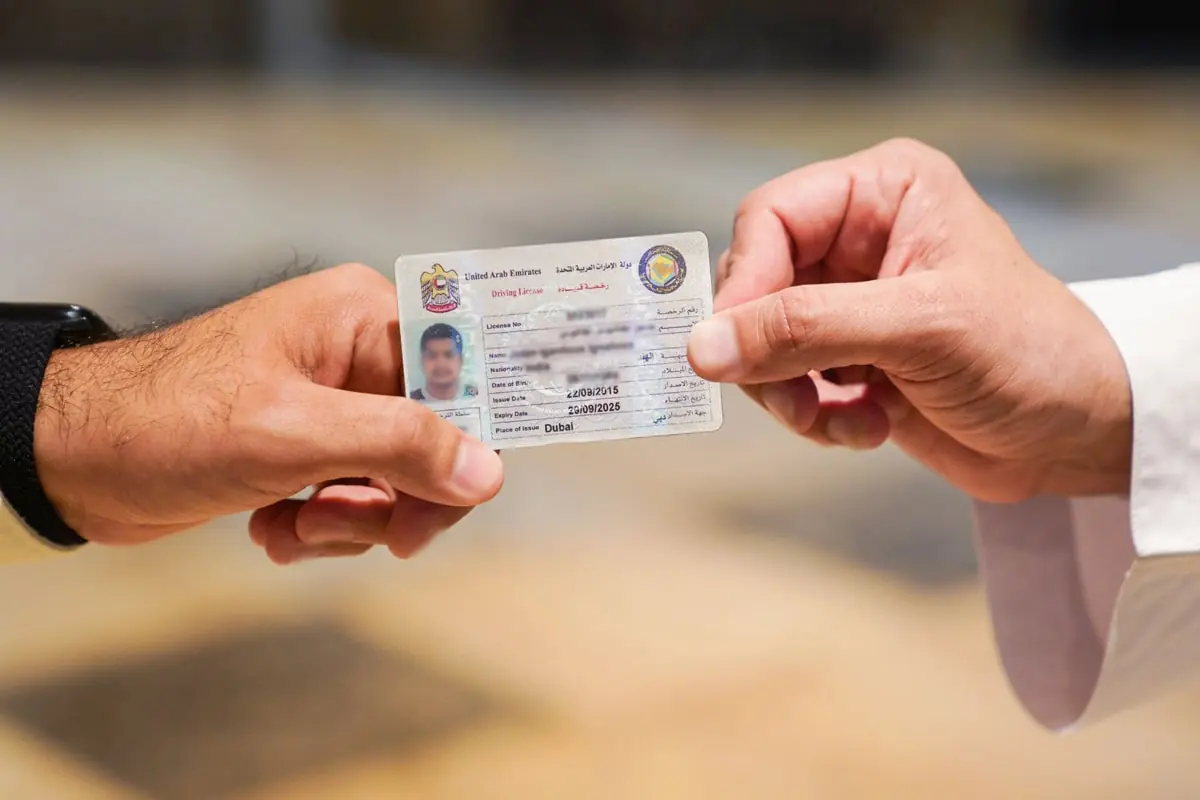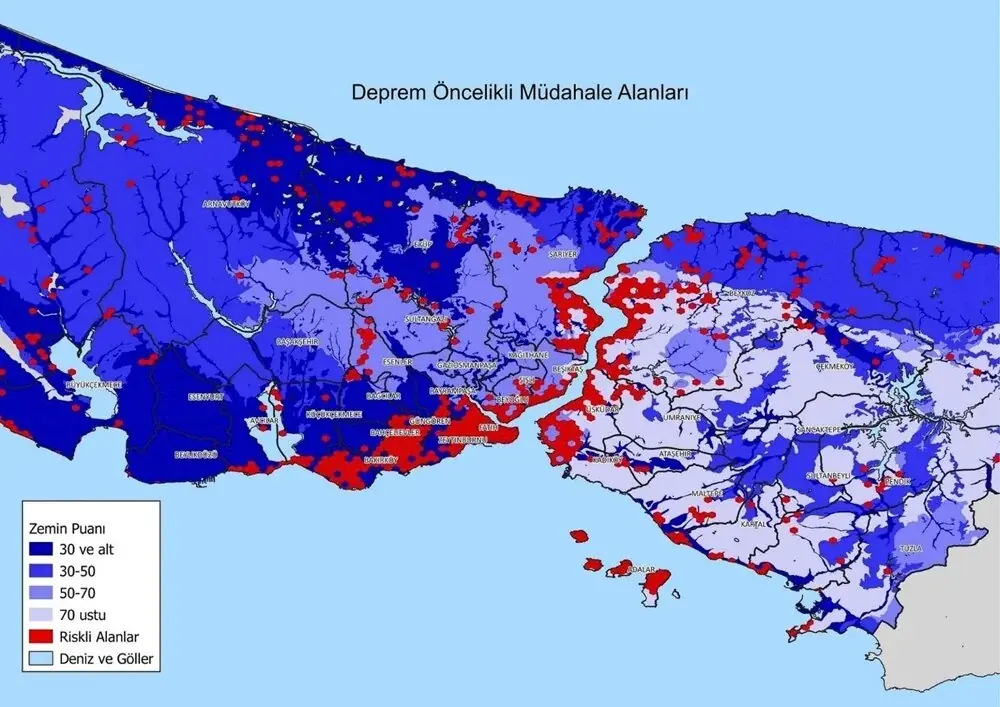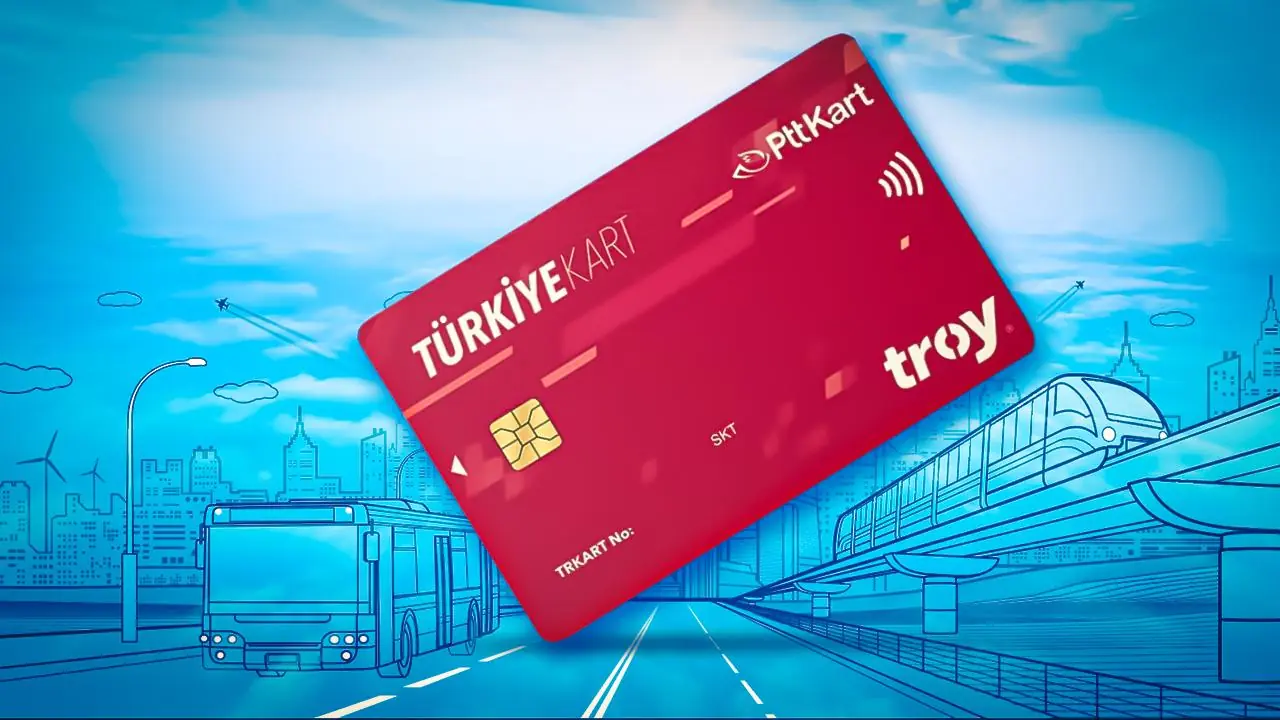In 2024, the UAE witnessed widespread legal reforms, some of which will come into effect from midnight on December 31, 2024, to January 1, 2025. These significant changes will impact many residents, so it’s important to be aware of them as the new year begins.
From the possibility of obtaining a driving license for 17-year-olds to new food labeling requirements in the capital, these changes will have a substantial effect on many people’s lives.
Air Taxis in Abu Dhabi and Dubai
In 2025, air taxis will be introduced in both cities. These air taxis will replace long car journeys and provide 10 to 20-minute flights. In Dubai, four air taxi stations will be set up at key locations such as Dubai International Airport, Dubai Marina, and Palm Jumeirah, reducing travel time from 45 minutes to just 10 minutes.
Transportation Changes:
Commute in Dubai’s highways will become easier after the completion of the Al Maktoum Bridge repairs in mid-January 2025. Additionally, the biometric smart travel system at Abu Dhabi International Airport will be expanded, allowing travelers to use it without the need for a boarding pass or passport.
Expansion of Plastic Ban:
Dubai is becoming greener, and after the successful ban on single-use plastic bags in June 2024, starting January 1, 2025, plastic items such as plastic stirrers, foam food containers, straws, and similar items will also be banned.
Expansion of Nol Digital Card:
In 2025, the use of the Nol digital card in Dubai’s metro and buses will be made easier for all mobile phone users. This card will also serve as a payment method in grocery stores, parking lots, and public parks.
Free Wi-Fi at Bus Stations:
The UAE has announced free Wi-Fi will be available at four major bus stations in Dubai, with plans to expand it to more stations in the coming year.
New Salik Rates:
The Salik toll rates in Dubai will change starting February 2025. The rates will be AED 6 during peak hours on weekdays, AED 4 during off-peak hours, and AED 4 on Sundays (except for public holidays, special occasions, or major events).
Federal Traffic Regulations:
Starting March 29, a new federal traffic law will reduce the minimum driving age by one year to 17. Additionally, using vehicles that generate excessive noise will be prohibited, and honking the car horn in urban areas will only be allowed to avoid danger or accidents.
New rules will also prohibit pedestrians from crossing streets with speed limits exceeding 80 km/h. Authorities have warned that violating these rules may lead to civil or criminal liability.
New Nutritional Labeling System:
Starting June 1, nutritional labeling will be mandatory on five types of food products as part of a new system in Abu Dhabi. Products without the “Nutri-Mark” label will be removed from store shelves and fined. Products that misrepresent their nutritional value will also be penalized.
The Nutri-Mark system rates food products from A to E, with A indicating the healthiest option. The aim of this system is to reduce obesity by providing clear and understandable nutritional information to consumers.
Women’s Representation:
Starting January 1, a new decision by the UAE Ministry of Economy will mandate that women be represented on the boards of private joint-stock companies. At least one seat must be reserved for women. This law aims to increase women’s presence and representation in company boards.
Emiratization Goals:
From 2025, private companies with a workforce between 20 and 49 employees must hire at least two Emiratis. This law was previously only applicable to companies with 50 or more employees.
Return of Alcohol Tax:
From January 1, 2025, a municipality fee will again apply to alcoholic beverages sold in the Emirates. This 30% tax was suspended at the end of 2022 and was meant to be a trial period for one year, from January 1 to December 31, 2023. It was extended for another year in 2024.
End of Visa Amnesty:
The UAE’s visa amnesty program allowed individuals living in the country with expired tourist or residency visas to rectify their status without penalty or leave the country without jail time. This program started on September 1, 2024, and was initially set to end on October 31, but was extended until December 31, 2024. Today marks the last day of the visa amnesty.
End of Free Charging for Electric Cars:
The UAE has announced that the electric car charging network will no longer be free. A new standard tariff has been introduced, meaning electric vehicle owners will have to pay when using UAEV’s government charging network. The new rates for DC fast charging will be AED 1.25 per kWh plus VAT, and for AC charging, it will be AED 0.70 per kWh plus VAT.
Introduction of a New Smart Rental Index:
Dubai Land Department will introduce the Smart Rental Index in January, which will help adjust rental values and improve balance and transparency in the Dubai real estate market. With this index, investors, homeowners, and tenants will be able to make better decisions based on up-to-date data.
Companies that fail to meet these goals will face a fine of AED 96,000. The penalties for non-compliance with Emiratization goals in 2025 will increase to AED 108,000 starting in January 2026.
New Laws in the UAE for 2025
Hafez Taplux Group








